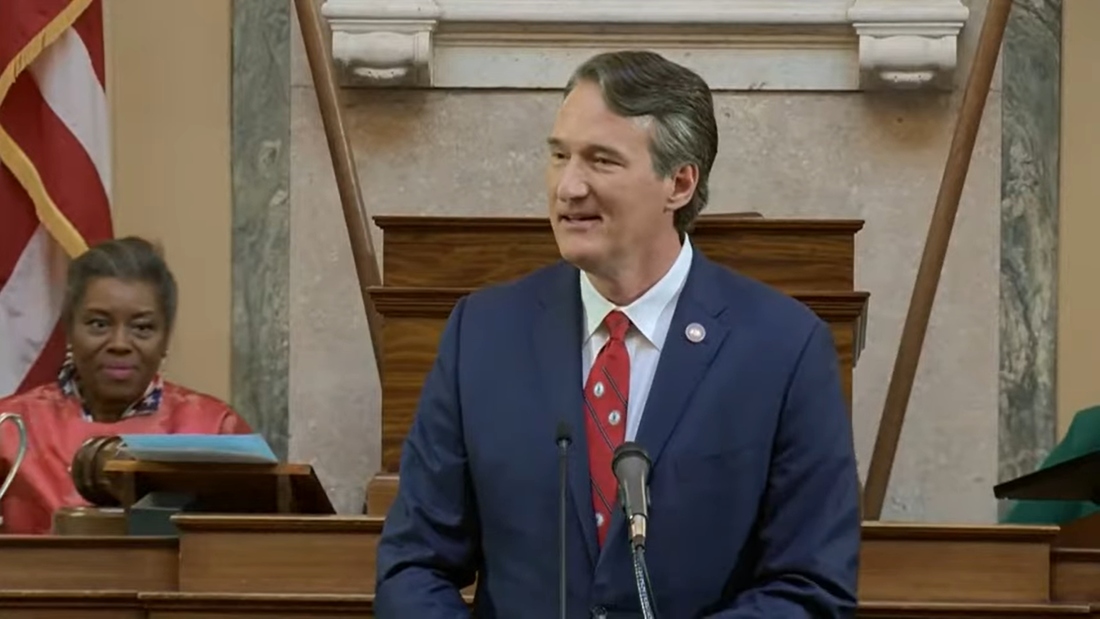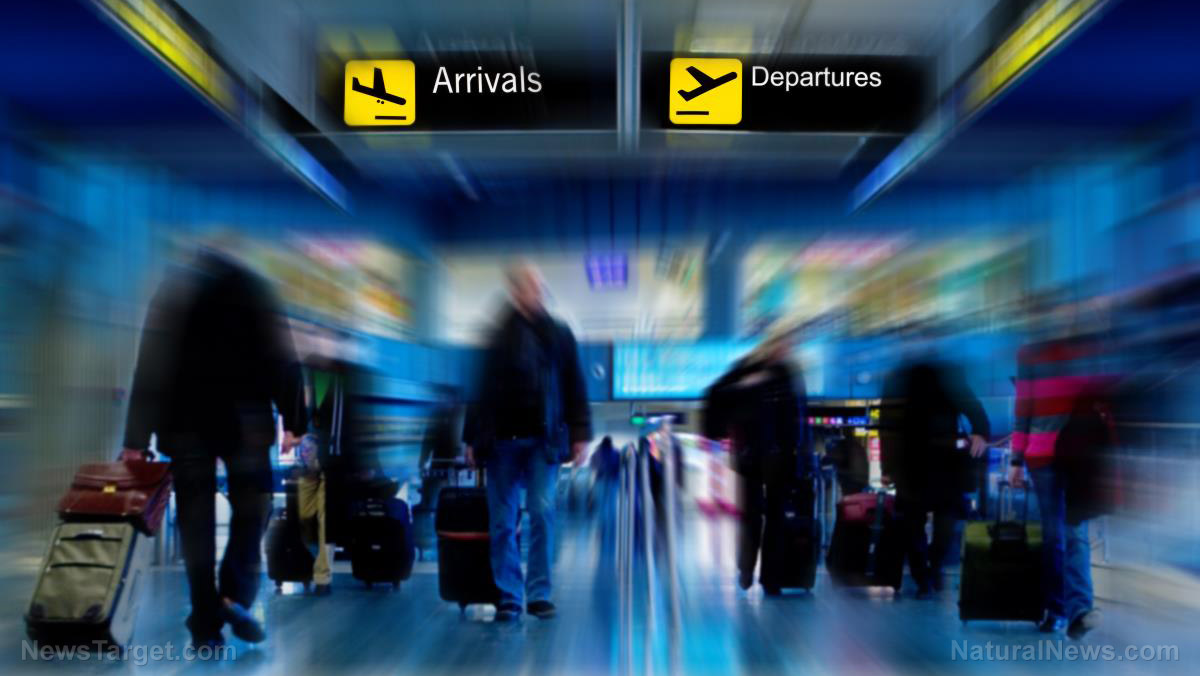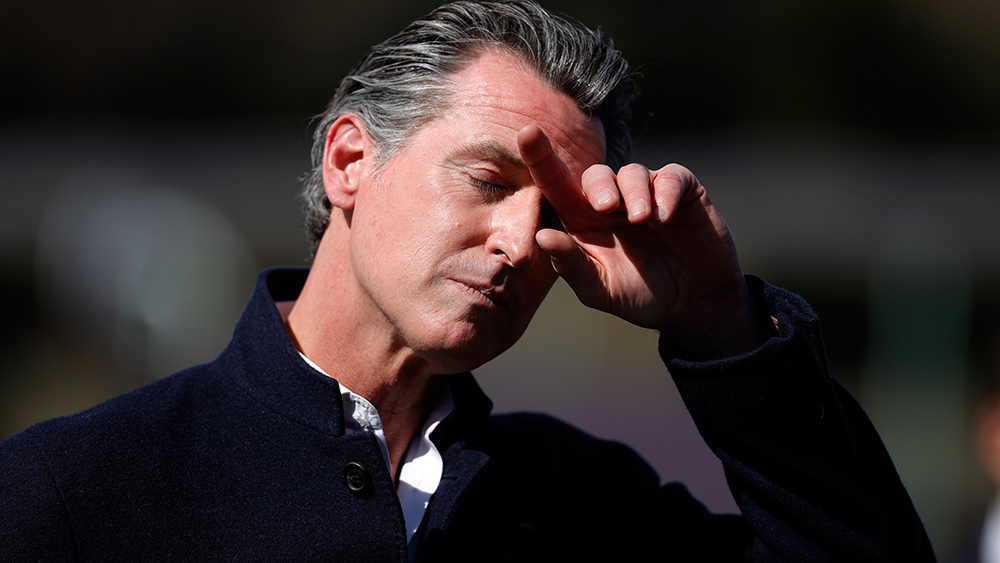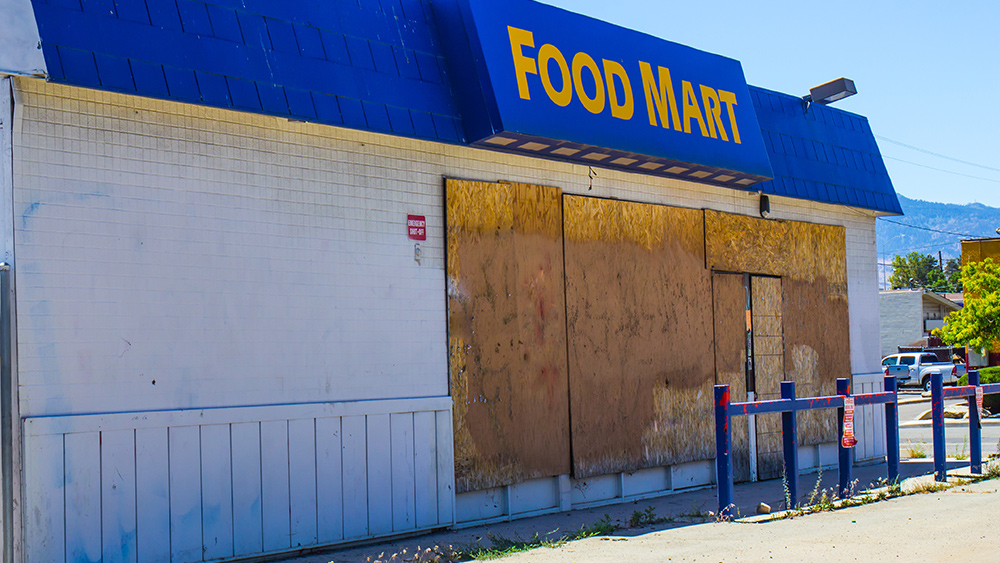California’s minimum wage hike causes price increases and thousands of job losses across the fast food industry
06/14/2024 / By Zoey Sky
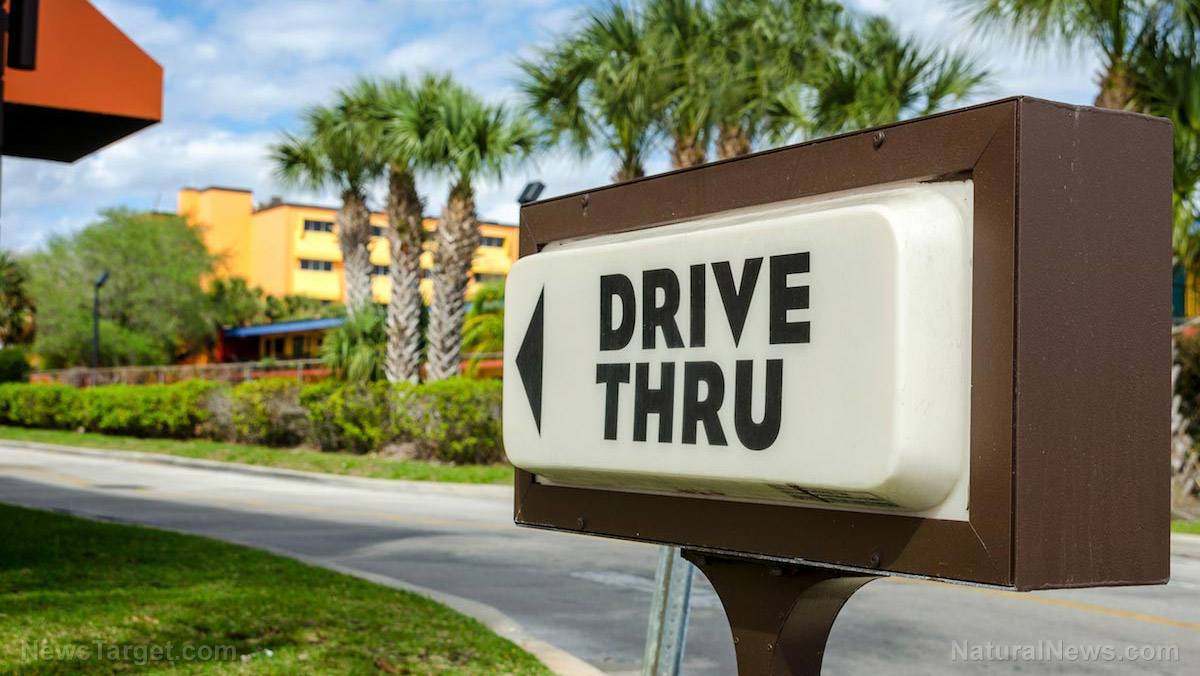
A recent report by the California Business and Industrial Alliance (CABIA) trade group has revealed that fast food restaurants in California were forced to cut at least 10,000 jobs in recent months due to the state’s new minimum wage hike.
Industry experts warn that California’s fast food industry took a major hit when Gov. Gavin Newsom increased the state’s minimum wage to $20, causing thousands of workers to be laid off. At the same time, consumers are also forced to pay inflated menu prices.
At the “Fox & Friends” talk show, CABIA President Tom Manzo explained why businesses are “fed up” with California’s policies.
Talking to host Lawrence Jones, Manzo said that the biggest issue California faces is “continued increased cost and a continued anti-business climate.” He also added that this is one reason that CABIA decided to run the ad.
Manzo also warned that the updated California policies are having a ripple effect on everybody. Manzo added that because of the wage hike, many people are now unable to afford fast food when it shouldn’t be “a luxury item.” (Related: DONOR DOUGH: Panera Bread exempted from California’s minimum wage law after major franchise owner DONATES to Gavin Newsom.)
According to CABIA, at least 10,000 jobs have been cut throughout fast food restaurants in the state since Newsom signed California Assembly Bill 1228 into law in 2023.
Restaurants have to increase prices and lay off employees to “stay afloat”
To highlight what the nonprofit organization claims are the unexpected consequences of the law, CABIA took out an ad in the statewide edition of USA Today with mock “obituaries” of popular fast food brands.
CABIA’s ad featured several restaurants that were forced to increase prices and lay off workers to stay afloat. Some restaurants have also had to shut down stores.
The ad also showed news clips showing some of the changes made by brands like Burger King, El Pollo Loco and Subway throughout California.
Manzo said that this is why CABIA continues to advocate because legislators, such as Newsom, “need to wake up” and stop being “anti-business.”
Manzo added that the nonprofit will continue to fight and advocate for small to medium-sized businesses that don’t have a voice. He added that while California is “a great place to live” it needs to “change the direct trajectory” of policies that can negatively affect businesses in the state.
However, Newsom’s office disagreed with the CABIA’s claims about fast food job losses. A spokesperson for Newsom cited data from the Bureau of Labor Statistics, explaining that 4,500 jobs were added in limited service restaurants in California from September 2023 through April 1. The governor’s office also claimed that at least 6,600 fast food jobs were added in the Golden State from April 2023 through April 1.
American consumers are dining out less often because of the price increase
Menu prices have also increased because of the wage hike. A survey by LendingTree has revealed that at least 78 percent of respondents now consider fast food as a luxury while 68 percent agree that prices for fast food items are too expensive.
Jonathan Maze, editor-in-chief of Restaurant Business Magazine, opposed the claim that the minimum wage increase benefitted employees. He also listed several concerns about the timing and severity of the wage increase.
Maze explained that the issue is complicated because there are two issues to deal with. First, the policy was enforced almost overnight. Second, the move resulted in a significant 25 percent increase in the wage rate. With these two things happening simultaneously, it can be difficult for restaurants, with the move resulting in chaos in the fast food industry for employees and consumers alike.
Maze reasoned that because prices have increased, Americans are dining out less often than before as it continues to affect the industry’s “reputation” as an affordable option for the average American family. Maze added that the recent policy changes have resulted in a “challenging environment,” especially when considering what McDonald’s had reported only several weeks ago, with store prices going up by a whopping 40 percent since 2019.
Maze also cited the Wuhan coronavirus (COVID-19) pandemic as one of the reasons for McDonald’s significant increase in food costs and labor costs. At the same time, Maze said that insurance costs, lending rates and construction costs have increased, in turn requiring many companies to increase prices.
Like Manzo, Maze agrees that the fast food industry has largely lost its reputation “as a value player.” As a result, many consumers are dining out less often because of the surge in product prices.
Visit EconomicRiot.com for similar stories about job loss in America.
Watch this clip about how at least 80 percent of Americans can’t afford fast food.
This video is from the Thisisjohnwilliams channel on Brighteon.com.
More related stories:
High unemployment rates, high taxes and population exodus pushing Illinois to the brink of collapse.
JOBS CRISIS: Almost 107 million Americans are not in the labor force.
California plans to give unemployment benefits to ILLEGALS, while their own citizens foot the bill.
Sources include:
CABIA.org [PDF]
Submit a correction >>
Tagged Under:
AB 1228, Assembly Bill 1228, big government, Bubble, business, CABIA, California, California Business and Industrial Alliance, Collapse, economic riot, fast food, finance riot, Gavin Newsom, hourly wages, market crash, minimum wage, money supply, panic, risk, wage hike, wage increase
This article may contain statements that reflect the opinion of the author
RECENT NEWS & ARTICLES
COPYRIGHT © 2017 CALIFORNIACOLLAPSE.NEWS
All content posted on this site is protected under Free Speech. CaliforniaCollapse.news is not responsible for content written by contributing authors. The information on this site is provided for educational and entertainment purposes only. It is not intended as a substitute for professional advice of any kind. CaliforniaCollapse.news assumes no responsibility for the use or misuse of this material. All trademarks, registered trademarks and service marks mentioned on this site are the property of their respective owners.


